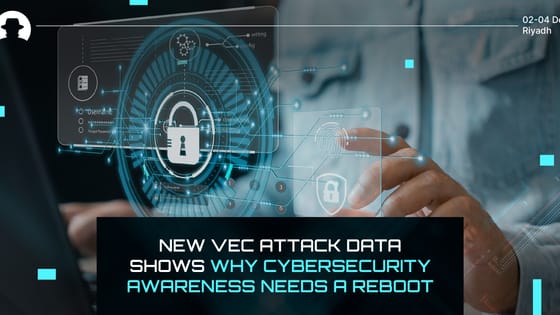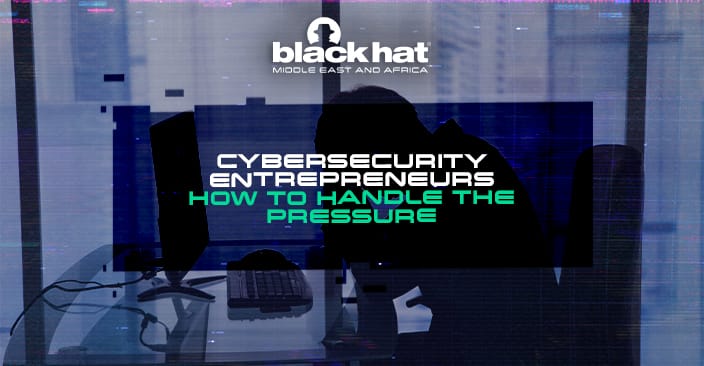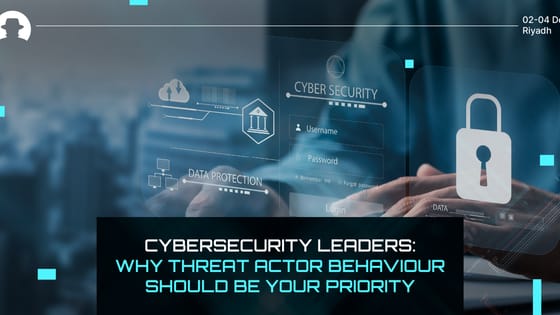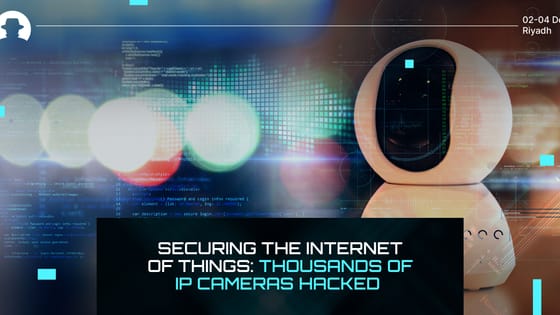
New VEC attack data shows why cybersecurity awareness needs a reboot
New research on vendor email compromise attacks shows that nearly half of employees fall for malicious emails, and 98.5% go unreported.
Read More
Recently, we shared wisdom from Mazin Ahmed (Founder and CTO at FullHunt.io) in this blog post – covering questions like how to find a CTO for your startup, and how to create an effective process for building and scaling a new business in the cybersecurity space.
Ahmed also touched on the matter of courage: because launching a startup isn’t just a series of business processes. It’s also an emotional process – and the rollercoaster continues as you grow your business, face unpredictable setbacks, and work to position your company in the market.
As a founder, you have to be comfortable with risk and uncertainty. Because although plenty of other startups have gone before you, none of them have been your business. You are, essentially, treading a new path: building something from scratch, putting your heart and all your resources into it, and putting yourself on the line.
If it goes wrong, it’s on you. And that’s a lot of pressure.
On the flipside of course, if it goes right it’s also on you. But to get to that point you have to overcome challenges along the way. So entrepreneurial stress is real – and here are four ways to handle it.
Seems too obvious to be relevant, doesn’t it? But the reality for many entrepreneurs is that their business consumes them. They put everything into their work because they’re absolutely dedicated to guiding their startup to success – and their own well-being suffers along the way.
It’s harder to handle setbacks and failure if you don’t feel healthy. It’s also harder to make good decisions and solve difficult problems if you’re tired, poorly nourished, and burnt out.
So prioritise your health. Make time for it in your schedule. Exercise, look after your diet, move your shoulders when you’re sitting at your desk for hours. It matters.
It’d be great if you had the budget from day one to hire a high-performing team and use them to share responsibility, bounce ideas off one another, and gain alternative perspectives and opinions.
But many startups can’t hire until further down the line; so it’s just you, or just you and your co-founder(s). Even so, you still need people to share the weight of it all: so focus on building a network of like minded peers.
You need people who’ve been through it before, and people who are going through it at the same time. And you need a network of people with different skill sets, different perspectives, and different levels of risk tolerance.
Lean on your network as a resource and a place to share your ideas, listen to other perspectives, and talk about the pressures and challenges – as well as the highs – or bringing a startup to the market.
Entrepreneurship is inherently stressful. Even if you love what you do, the workload and responsibility (along with underlying uncertainty) can trigger your fight-or-flight nervous system response.
And this isn’t a bad thing. It can drive productivity, keep you moving when you want to give up, and help move your idea or your business towards success.
But it’s important to recognise when you’re experiencing physiological stress (think racing heart, shallow breathing, difficulty sleeping, and a sense that you’re constantly ‘on’ and alert) and use your downtime to recover.
Downtime shouldn’t be spent on ‘easy’ or ‘light’ work tasks. It shouldn’t be spent responding to emails, checking your phone, or worrying about your business. Find activities that really help you switch off from your business and settle into a calmer state of mind and body – because that calm state will enable you to work better and sustain your business for longer.
Whether this is your first startup or your fifth, nobody is perfect. No founder gets every decision exactly right, and nobody launches a business without making mistakes along the way.
Cybersecurity in particular is a tough industry for perfectionism. As Lance James (Founder and CEO at Unit 221b) put it when we interviewed him for the blog,
“Unfortunately, our industry often suffers from imposter syndrome, where individuals feel like frauds or believe they aren't good enough. This issue arises from constant comparisons to others, which the hacker community and hierarchical tech environments inadvertently reinforce due to their achievement-based structures.”
“On the flip side, the process of immersing oneself in the flow and engaging in hacking (in the sense of tinkering or discovering) creates a state of joy and childlike wonder, as it is a constant journey of learning.”
And this is really useful advice for any cybersecurity entrepreneur.
You don’t have to be perfect. Instead, be curious. Enjoy the process, explore the possibilities available to you, and get comfortable with not being the most experienced person in the room.
Join the newsletter to receive the latest updates in your inbox.

New research on vendor email compromise attacks shows that nearly half of employees fall for malicious emails, and 98.5% go unreported.
Read More
With new data from Arkose Labs, learn why psychology, business strategy and timing are just as important as technology for cyber defence.
Read More
The latest in a long line of attacks against IoT devices that highlights the vulnerability of the Internet of Things.
Read More